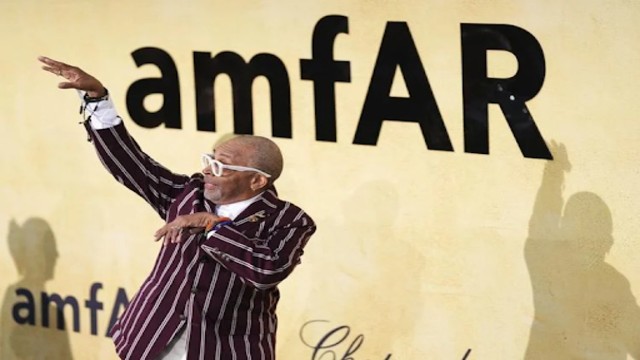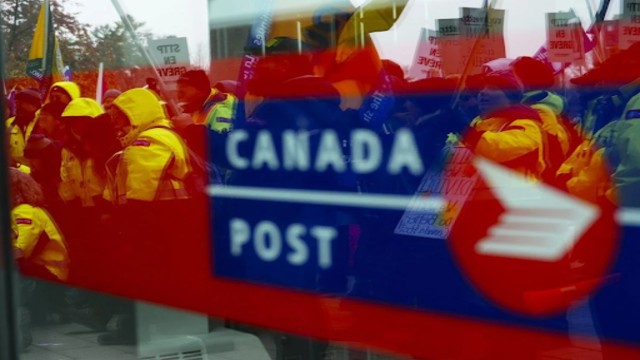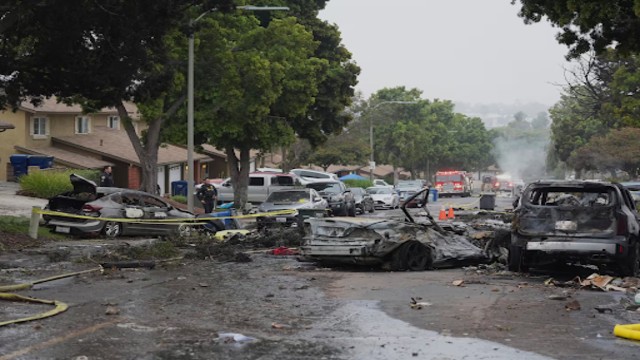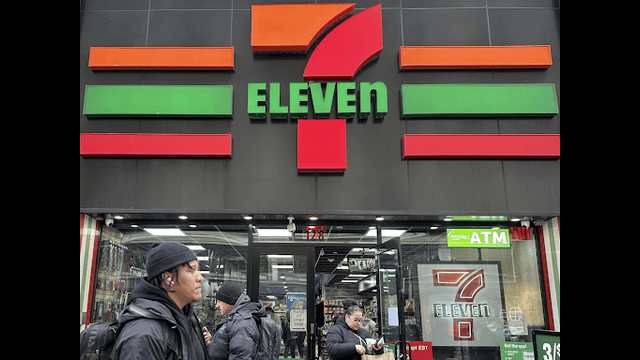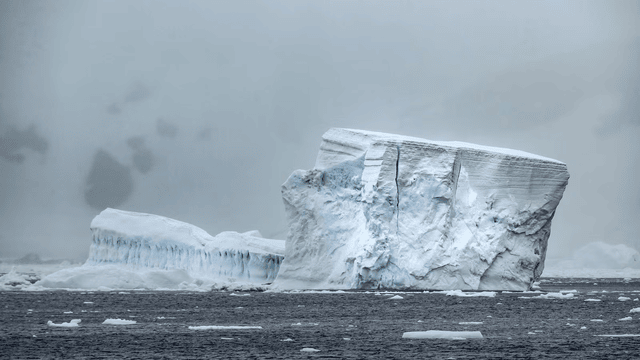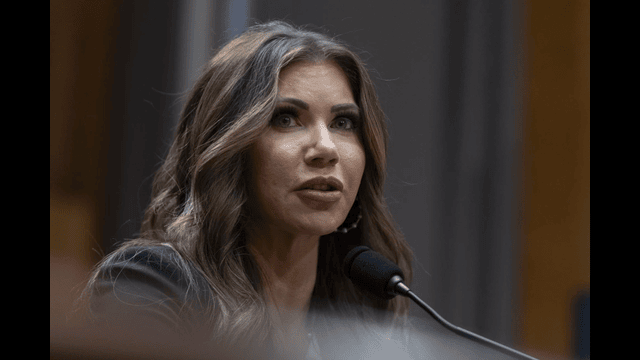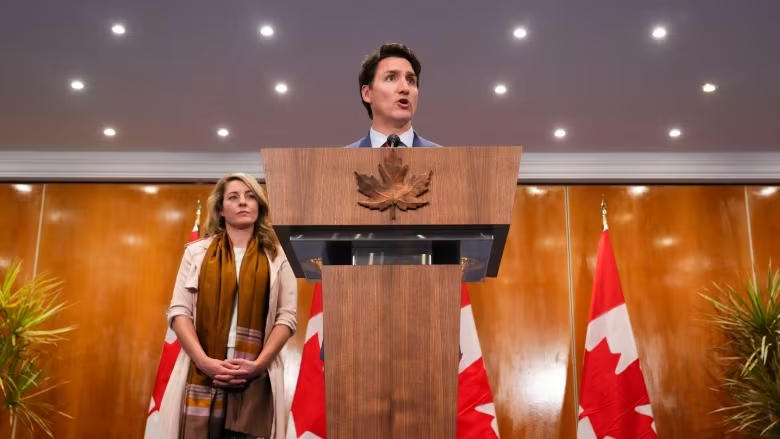
Foreign Affairs Minister Melanie Joly and Prime Minister Justin Trudeau addressed the media in a press conference after attending the Francophonie Summit in Djerba, Tunisia on Sunday, November 20, 2022. The event was captured by Sean Kilpatrick of The Canadian Press.
In response to South Africa's genocide allegations against Israel at the International Court of Justice (ICJ), Canada's stance, initially shrouded in confusion, has been clarified by officials at Global Affairs Canada. The statement follows days of mixed signals from Prime Minister Justin Trudeau and Foreign Affairs Minister Mélanie Joly, creating widespread misinterpretation.
Contrary to media reports, Trudeau and Joly did not dismiss South Africa's case nor explicitly support Israel. The confusion stemmed from their use of the phrase "does not mean," emphasizing that Canada's support for the ICJ did not inherently signify endorsement of South Africa's claims. However, this nuance was lost in social media discussions and some news coverage.
The miscommunication prompted criticism from advocacy groups, with both pro-Israeli and pro-Palestinian organizations deeming the government's approach as poorly managed. Michael Bueckert of Canadians for Justice and Peace in the Middle East highlighted the "total failure of communication," urging Canada to clearly state its position.
The timing of the government's statement, issued on a Friday afternoon before the ICJ hearing, drew further criticism for its perceived disrespect, particularly from members of the Jewish community. The confusion also reverberated internationally, with media outlets misreporting Canada's position, and even the Israeli government expressing mixed interpretations.
To address the misunderstanding, Global Affairs Canada plans to engage with diaspora and advocacy groups. While some welcomed the clarification that Canada did not unequivocally side with Israel, others, like the Centre for Israel and Jewish Affairs, expressed disappointment, calling for a more explicit alignment with allies such as the U.K. and Germany.
Looking ahead, the ICJ's final ruling on the genocide claim is anticipated in about a year. If the court determines that genocide has occurred, it could strain relations between Canada and Israel, potentially affecting arms sales and technology transfers. The court may also consider provisional measures to influence Israel's military operations, putting pressure on its allies, including the United States.
In a statement reiterating Trudeau and Joly's language, Global Affairs Canada emphasized its support for the ICJ's independence while clarifying that backing the court's process does not imply acceptance of South Africa's case premise.


